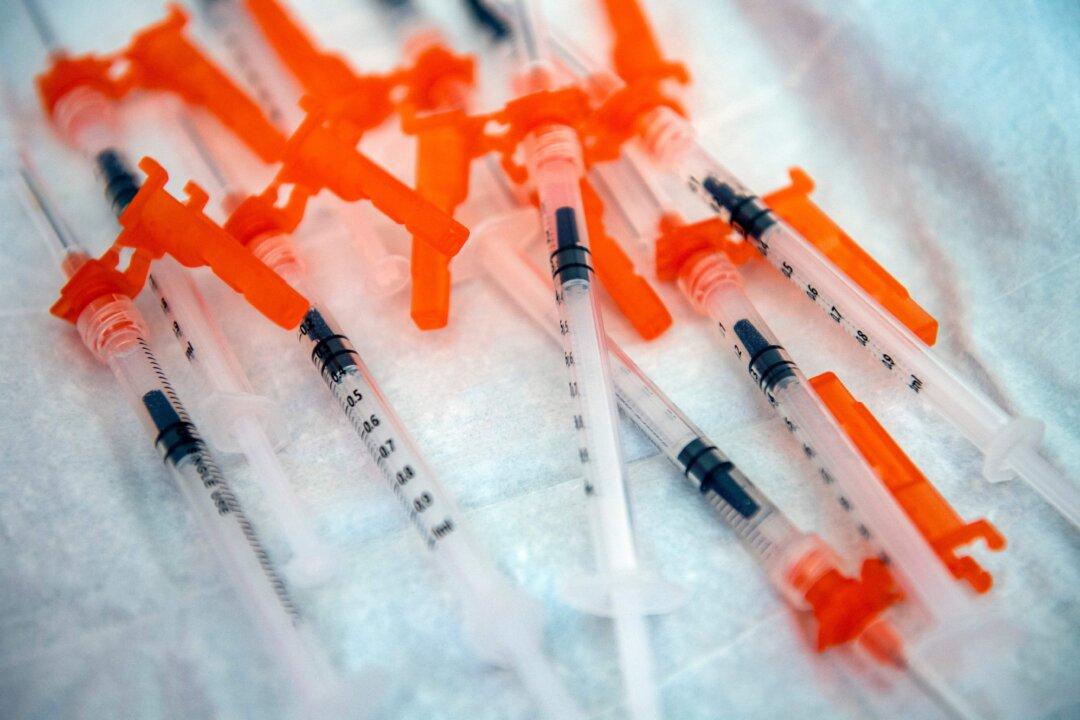More than a dozen COVID-19 vaccine injury claims have now been approved by U.S. authorities, but none of the injured have received compensation.
The U.S. government’s Countermeasures Injury Compensation Program has approved claims from 19 people, ruling that they proved their injuries were caused by the vaccines. The approvals are through Feb. 1.





